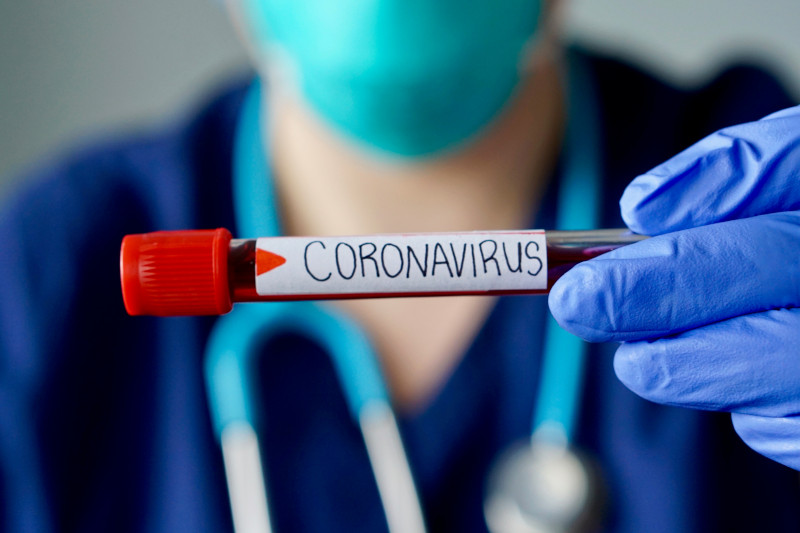
AAU Schools Are at the Forefront of Epidemiological and Biological Research
Colleges and universities across America are coping with the effects of COVID-19 and are taking proactive steps to limit the spread of the virus on their campuses and its effect on their communities. But AAU member institutions don’t simply play a defensive role in the fight against COVID-19; indeed, many of our universities play a leading role in preparing the United States to deal effectively with this and other potential pandemics.
During the current crisis, the media and Congress have called on our members to educate the public about COVID-19. For example, Johns Hopkins University, which is recognized globally as a leader in epidemiological and biomedical research, recently held a briefing for congressional staff and supporters featuring six of their faculty experts. And early in the crisis, the school’s Center for Systems Science and Engineering created an online map that features live updates and is widely regarded as the go-to tool for tracking the spread of the virus.
Other AAU campuses are studying the outbreak’s psychological and sociological effects. Researchers from the University of Oregon’s Center for Science Communication Research , School of Journalism and Communication, and Department of Psychology have teamed up to study the public’s perception of risk around COVID-19 and how that perception shapes their decision-making. The project – for which the researchers have applied for a National Science Foundation grant – has the end goal of improving how public officials communicate in future health crises.
Our schools are also working to find ways to arrest the spread of COVID-19. This includes researchers at Tulane University, who are working with live samples of the virus to develop a vaccine and test treatments. Tulane was one of the first research centers in the country to secure approval from the U.S. Centers for Disease Control and Prevention to receive the samples and begin testing.
This kind of research is a direct result of the robust government-university partnership that has fueled much of the greatest medical, technological, and economic breakthroughs of the last 70-plus years. In the midst of a growing pandemic, AAU institutions are doing valuable work to contain this one and help us fight the next one.